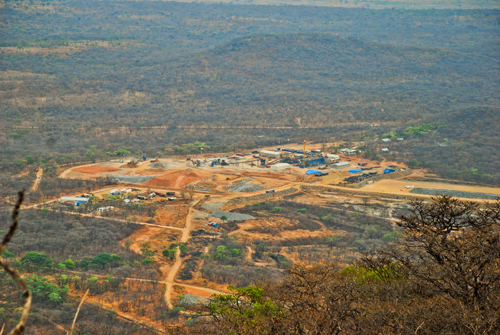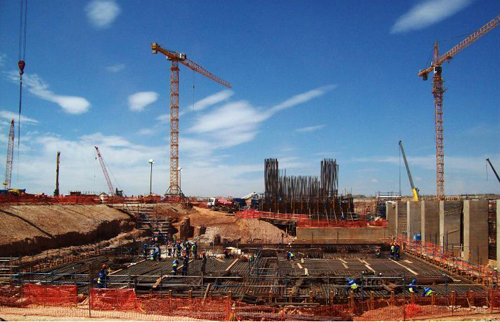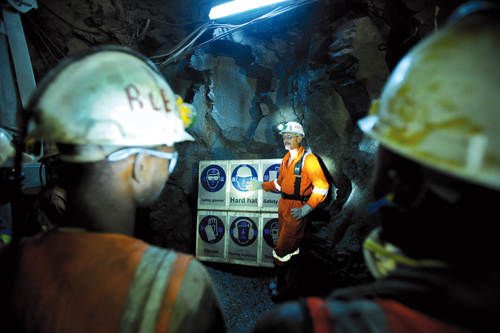
In the present climate exploration companies are really struggling to secure investment to complete drilling programmes and progress to a defined resource they can either sell on or start to develop. But companies that have already moved into production and can point to reliable cash flow are in an enviable position.



 ShantaGold-Mining-Africa-Jan14-Bro-s.pdf
ShantaGold-Mining-Africa-Jan14-Bro-s.pdf






